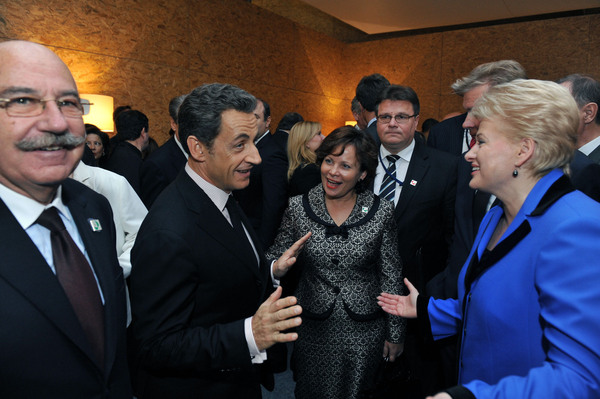Latvia decides to join EU anti-piracy operation
(BRUSSELS2) The Latvian parliament approved, on Thursday, the participation of Latvian soldiers in the European Union's anti-piracy operation, EUNAVFOR Atalanta. The Latvian sailors will serve on French ships making it possible to constitute "on-board protection teams" on the escorted ships.
This initiative materializes discussions started in mid-May between the French ambassador in Latvia and the Latvian Minister of Defence. Under the terms of this agreement, the costs related to the stay on board of the Latvian sailors will be borne by France, as well as the transport costs, while the salaries and other remuneration will remain provided by Latvia. A Latvian soldier would also be assigned to the General Staff to carry out liaison. Negotiations still seem to be underway with Luxembourg, which would cover various costs so that the small Baltic state does not have to pay other sums than the salaries of its soldiers.
Although a "small" country, Latvia has many sailors engaged in the merchant navy. Thus a Latvian was held hostage with the Faina, this Ukrainian ship boarded by pirates in September 2008 and which was carrying valuable cargo, made up of T-72 tanks and other weapons of war.
It should also be noted that the first Montenegrin officer to serve in the European operation - Lieutenant Commander Miroslav Radoji?i?a - took up his service in mid-August. He is assigned to a Greek ship.
(Nicolas Gros-Verheyde)


At the risk of sounding like a European grain of sand, I wonder… This decision shows that France wants to serve as a “stepping stone” for Latvia in European defence; that Latvia does not have the means to participate on its own in European defence; but above all that the well-advised people who contributed to this decision-making seem to have no interest whatsoever in operational coherence, crew safety and the effectiveness of military missions!
Indeed, are the Latvian personnel capable of integrating the French visiting teams? Do they know the methods, have they been trained? Do they speak French? Will they be integrated into crews and inspection teams? Are there any caveats, or will they be 100% under command of the building, whatever mission that building may be called upon to face?
Mutual aid, here, seems to cost more than it brings, and even harm. Surely Latvia's help can be simpler and more useful in other cases, right?